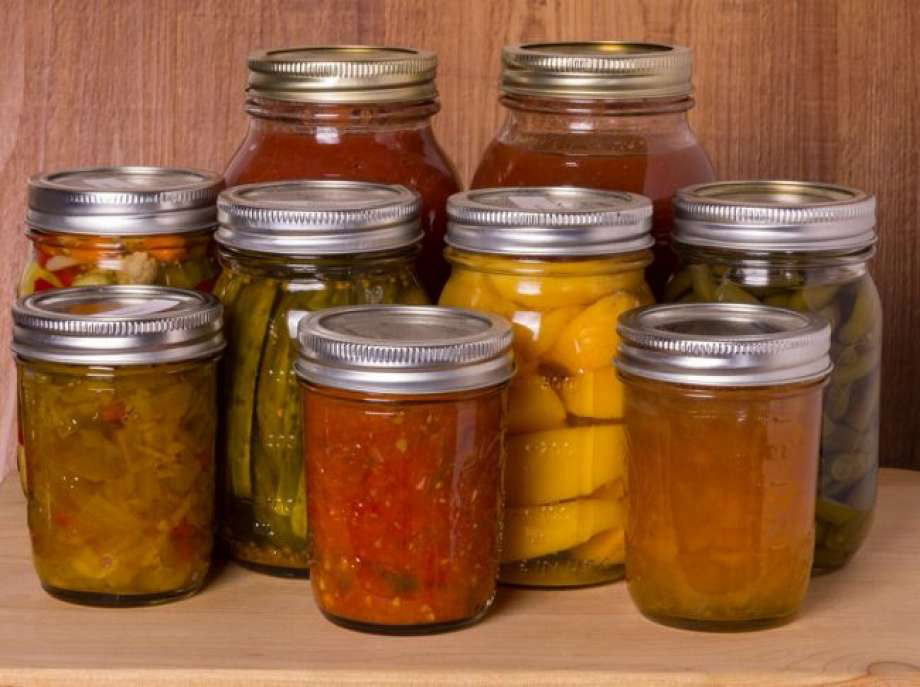Learn-to-can classes offered through RIT/GCV&M partnership
Online lessons will teach how to preserve peach jam, dill pickle slices, and tomato salsa
Online canning classes offered through the Genesee Country Village & Museum and led by Sandi Connelly, a principal lecturer at RIT’s Thomas H. Gosnell School of Life Sciences, will teach participants to can peach jam, dill pickle slices, and tomato salsa.
With more people staying closer to home than ever before thanks to the COVID-19 pandemic, home gardening has grown in popularity.
And many will want to savor the fruits (and vegetables) of their labor long after summer has gone. So a series of online classes to teach how to preserve food is being offered through the ongoing partnership between Rochester Institute of Technology and the Genesee Country Village & Museum.
“There has been a significant increase in not only gardening, but in many aspects of sourcing local, such as farmer’s markets, food and crop shares, canning, freezing, and preserving of excess foods,” said Sandi Connelly, principal lecturer at RIT’s Thomas H. Gosnell School of Life Sciences, who is leading the classes. “Emotional health and well-being have long been linked to gardening activities, be it fruit, vegetable, or ornamental, and I believe that this has significantly increased the desire for people to get back to their roots – literally!”
Her “Learning to Can” classes will walk participants through making peach jam, dill pickle slices, and tomato salsa. Classes, each lasting three hours, are scheduled for Aug. 22, Aug. 27, and Sept. 13 and are open to anyone, but space is limited. Registration is $15, or $10 for museum members, and deadlines are two days prior to each class.
Participants are asked to have their ingredients ready in time for their class, and Connelly can be contacted if you have other items you would like to learn how to preserve.
The classes are just one of the numerous collaborations between RIT and the museum. Three students will also be doing co-ops there this semester. Connelly leads workshops or gives science talks several times a year at the museum to engage people in learning, even during physical distancing.
“Canning is not just for your grandmothers,” she said. “And canning does not have to involve scary exploding pressure cookers and botulism. The science of canning has come a long way, and we will discuss all of that while prepping our recipes and sterilizing our jars.”
